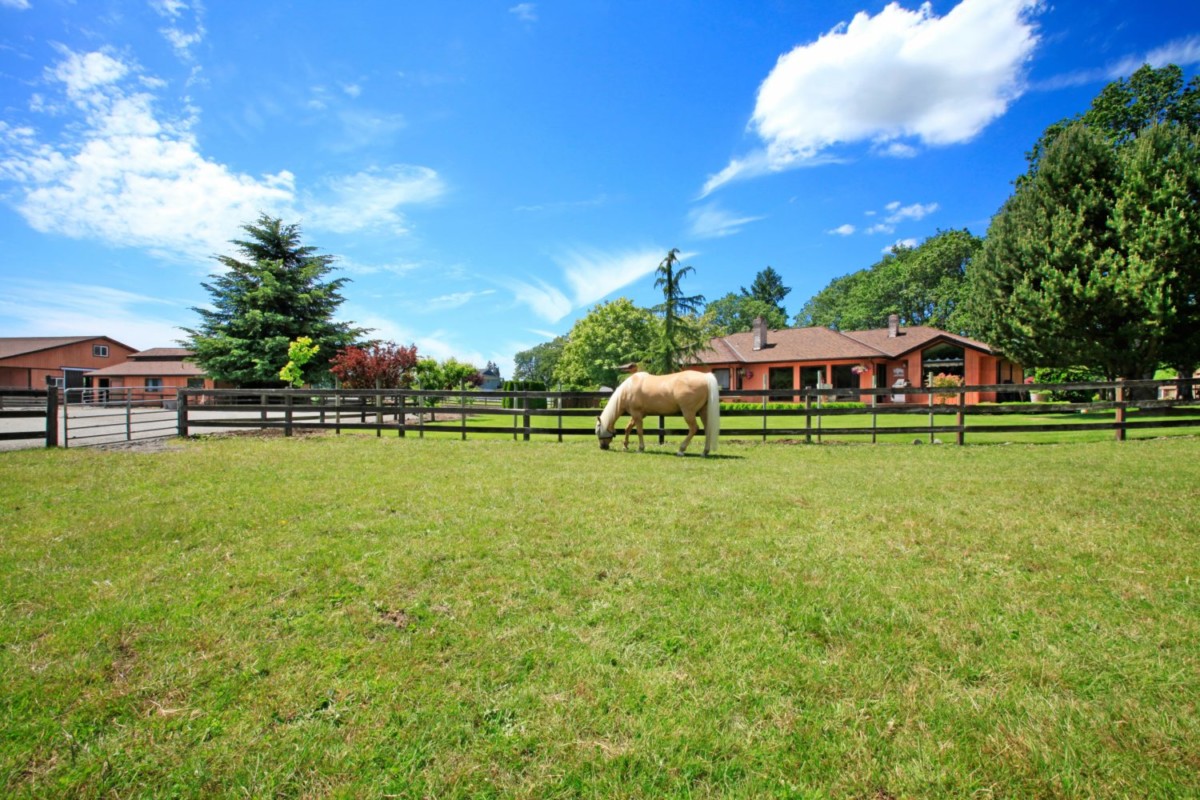Unless you’re a die-hard city dweller, you’ve probably imagined from time to time what it would be like to give up the daily grind and move to the idyllic countryside. A home in the country provides fresh air, peace and security, and space to do what you want. Country living can be a dream come true, but if you don’t know what you’re doing, it can turn into a nightmare.
Choosing a home in the country is very different from choosing one in the city. Whether you’re just looking for a weekend retreat, a small farm, or a simple place to retire, you’ll have a lot to consider before the big move. Here are five major tips to keep in mind before joining the country folk.
1. Hire a buyer’s agent who has experience with rural homes
Whether you’re buying a home in the city or country, you’ll want the representation of an experienced buyer’s agent. They should have experience in dealing with rural properties and, for the best service, you should go with an exclusive buyer’s agent. This is important because there are some different rules and regulations that apply when buying a rural property.
For example, in Wayne County, Michigan, there’s a rule that anyone buying a rural property must sign a document acknowledging that they know they are purchasing a home in an agricultural area. This is done to make sure the buyer understands that there will be farming activity there, which may result in noise, dust, odors, smoke and so on. A buyer’s agent with experience in your chosen area will know exactly what additional documents you’ll need to sign. Not to mention, they’ll also make the whole buying process a lot easier.
2. Newly built homes will be limited, if not nonexistent
Unlike buying in the city, you’ll have far fewer options in buying a newly built property. If you’re thinking of buying the land and building it yourself, then be prepared to wait. There are way fewer builders in the country, and with planning permission and other legal documents to clear, it could take up to two years before you can even start building. If you forgo building, then don’t expect too many options. Most rural housing stock can be decades old. From a price-per-square-foot perspective, it makes more sense to buy an old property and renovate it. Try to find a home that is already well-insulated and has a recently installed septic tank.
3. Info on the neighborhood will be sparse
City dwellers will be used to meticulously researching a potential neighborhood online before buying. When buying in the country, such information is far harder to come by. This is another reason why having a local buyer’s agent is so useful. They’ll know the area and be able to connect you with all the right people to help you get a feel for it. If you’ll be doing any construction or renovation work, then you’ll need to know the average price per square acre and what contractors can do what work. Finding this out on your own without an agent can be very difficult.
4. Make sure you understand what’s included in the sale
On viewing a particular property, you might love many of the extra things you see around the property. For instance, a beautiful vine-covered gazebo, a red cedar bridge spanning the local stream, or the chance to do some hunting or farming on the land. So you sign the purchase contract and then suddenly they all disappear as the previous owner takes them to his new property. Make sure to carefully read through the details of what’s included in the sale as anything that can be moved probably will be. If the contract doesn’t mention something that caught your eye, then be sure to mention it just so you know what you’re buying. This list should include, but not be limited to things like this:
- Fencing
- Moveable or portable sheds
- Bridges
- Feeders
- Benches
- Shelters or livestock pens
- Miscellaneous equipment (shovels, plows, and other farming equipment)
- Existing farm or hunting leases that give other people the right to hunt, farm or camp on the property
5. You’ll need power (and backup power)
In the country, power is not something you can take for granted. If you’re buying raw land which you plan to build on, you need to check first to see if electricity will even be available. You’ll also need a source of backup power in the event that there’s a power outage. If a storm knocks down power lines, those in the country are usually the last to have their electricity restored. At a minimum, you should have a propane generator and enough firewood to last several weeks.
Be Prepared
A place in the country could be just what you’ve always wanted. Follow the steps above as well as the guidance of an exclusive buyer’s agent, and you could be living your country lifestyle before you know it.

